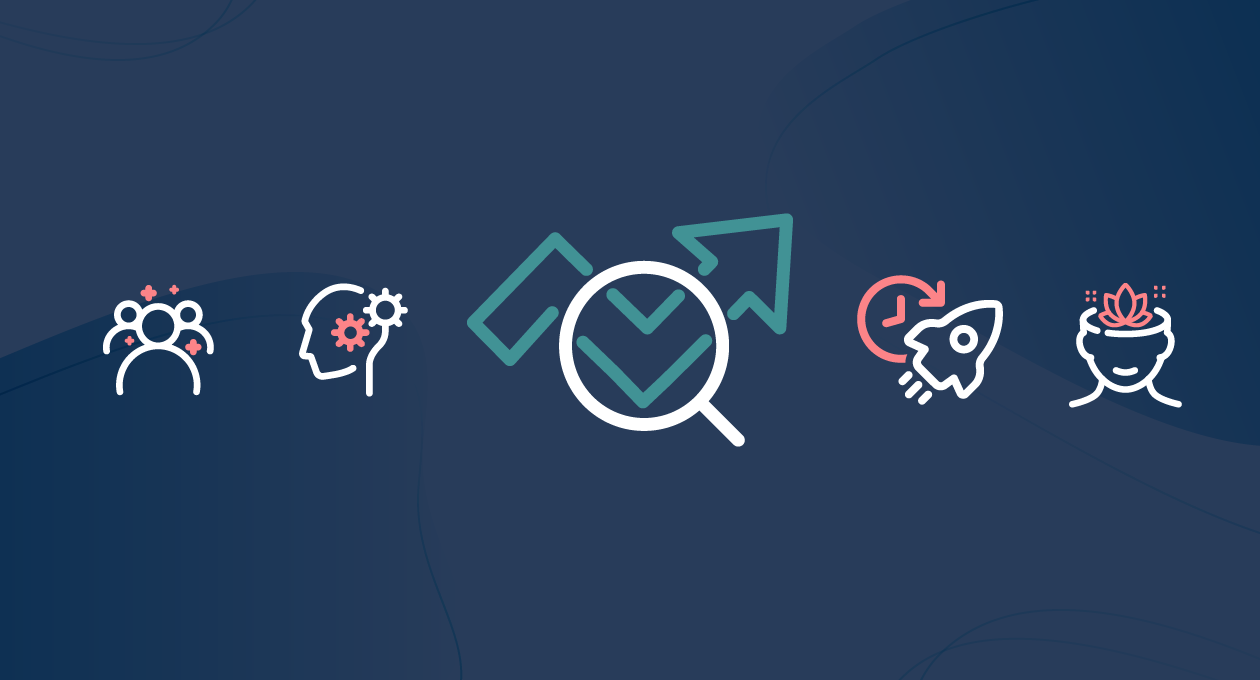As another year of rapid change and uncertainty draws to a close and 2023 begins, Thomas’ Chief Product Officer Gareth Jones predicts the issues that will be most pressing for HR professionals this year.
1. 2023 will bring a new wave of HR trends for businesses to stay on top of. One of these which will be at the forefront is organisational agility. As the war for talent intensifies, hiring teams will need to keep attracting, retaining and developing existing talent to be fluid and adapt to changing business demands. Arguably, this necessitates a transformation of organisations’ approach to talent, or talent culture. Our recent global research report on the state of HR found that three quarters of HR professionals think they have under two years to make this transition.
2. Accelerated digitisation during the pandemic will further polarise the job market in 2023, lowering both real terms income and employment levels. A recent poll revealed that managing employee expectations will be a top priority for HR leaders in the coming year. With vacancies still elevated in the wake of the ‘Great Resignation’, organisations must balance the demands of the modern workforce for flexibility, remote working, autonomy and career mobility, with businesses’ acute need to control costs, whilst increasing productivity and agility. This will be an important balance to strike, since employee engagement has a significant impact on workforce productivity. As long-tail problems with hybrid work start to surface, we will see increased adoption of employee listening technologies akin to those previously applied to customers.
3. The skills gap will persist, but with a new emphasis on soft skills and need for effective collaboration, emotionally intelligent leadership and personal resilience. Our recent research found that demand for soft skills increased dramatically following the pandemic, and 43% of businesses are suffering from a soft-skills shortage. Businesses need to address this gap in order to build successful teams. With businesses and individuals under pressure to display ever increasing levels of agility, businesses will adopt people insights to accelerate team forming and storming, and their ability to rapidly bring new offers to market to compete for less available consumer spending. Rather than focusing solely on experience, companies will test for soft skills and identify potential, improving internal mobility. Amid job instability, employees will seek to empower themselves through self-awareness. Gaining a greater understanding of themselves, their traits and intrinsic drivers will help employees maximise their potential and impact in their personal and professional lives.
4. Recruitment freezes and pressure to improve productivity will contribute to a major focus on learning and development. The move towards ‘metaverse’ learning, which combines big data with engaging front-end digital learning platforms, will disrupt the development space. The ‘Creator’ market model, such as that seen on platforms like TikTok, YouTube and Instagram, will increasingly be applied to development activities around areas like Sales Enablement and DEI. These shifts will allow employees to take ownership of the employee value proposition, their own development path, and their careers. To further facilitate internal mobility, role definitions will become less stringent, allowing businesses to flex talent and teams more easily around fluctuations in resource needs. Adoption of HR technologies and people analytics will continue to grow, creating new opportunities. For instance, talent mobility platform Gloat allows employees to self-serve a different job within their organisation in 30 seconds, not weeks. Increased emphasis on soft skills will enhance the ability of both employees and employers to propel best-fit careers based on a combination of soft and hard skill profiles, and respond more quickly to market changes.
5. Finally, despite three years having passed since the start of Covid, businesses will still be feeling the effects of the pandemic next year. A large proportion of job leavers during the ‘Great Resignation’ quit due to long-term sickness and stress. Amid growing financial pressures, ongoing mental health crises are likely. Burnout and wellbeing will be major themes for 2023. Despite pressure to control costs, companies will be asked to go beyond surface-level commitments to employee wellness that the 'Great Resignation' showed were unsatisfying to employees, as the wellbeing debate becomes more complex.
For more insights into the state of HR today from HR leaders around the world, download Thomas’ recent ‘Talent Time Bomb’ research report.




